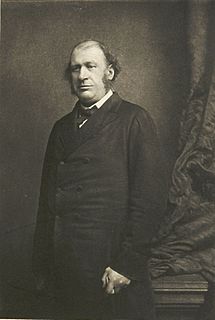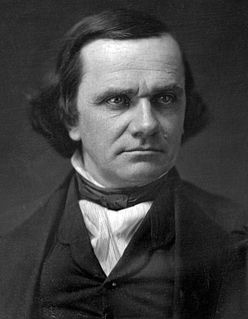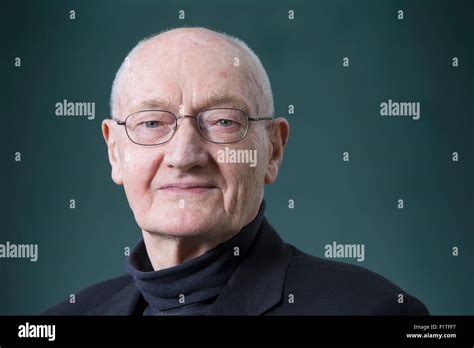A Quote by Jostein Gaarder
The question of whether a thing is right or wrong, good or bad, must always be considered in relation to a persons needs.
Related Quotes
To me this question whether liberty is a good or a bad thing appears as irrational as the question whether fire is a good or a bad thing. It is both good and bad according to time, place, and circumstance, and a complete answer to the question, In what cases is liberty good and in what cases is it bad? would involve not merely a universal history of mankind, but a complete solution of the problems which such a history would offer.
The question is not whether the good outweighs the bad. The question is whether or not the good excuses the bad. And, in my opinion, it doesn't. It never does. As long as wrongs are being commited, in any quantity, and in any ratio to the amount of good that is being done, it is both irresponsible and wrong not to bring awareness to it, and struggle to put an end to it.
Science tries to answer the question: "How?" How do cells act in the body? How do you design an airplane that will fly faster thansound? How is a molecule of insulin constructed? Religion, by contrast, tries to answer the question: "Why?" Why was man created? Why ought I to tell the truth? Why must there be sorrow or pain or death? Science attempts to analyze how things and people and animals behave; it has no concern whether this behavior is good or bad, is purposeful or not. But religion is precisely the quest for such answers: whether an act is right or wrong, good or bad, and why.
I deny the right of Congress to force a slaveholding State upon an unwilling people. I deny their right to force a free State upon an unwilling people. I deny their right to force a good thing upon a people who are unwilling to receive it. The great principle is the right of every community to judge and decide for itself, whether a thing is right or wrong, whether it would be good or evil for them to adopt it; and the right of free action, the right of free thought, the right of free judgment upon the question is dearer to every true American than any other under a free government.
No matter what you do, any country in the world is going to have the ability to set its own rules internally. Any country in the world can pull the plug. It's not a question of technical issues, it's not a question of right or wrong, it's not a question of whether global Internet governance is right or wrong. It's just with us.
The issue is not whether there are horrible cases where the penalty seems "right". The real question is whether we will ever design a capital system that reaches only the "right" cases, without dragging in the wrong cases, cases of innocence or cases where death is not proportionate punishment. Slowly, even reluctantly, I have realized the answer to that question is no- we will never get it right.


































